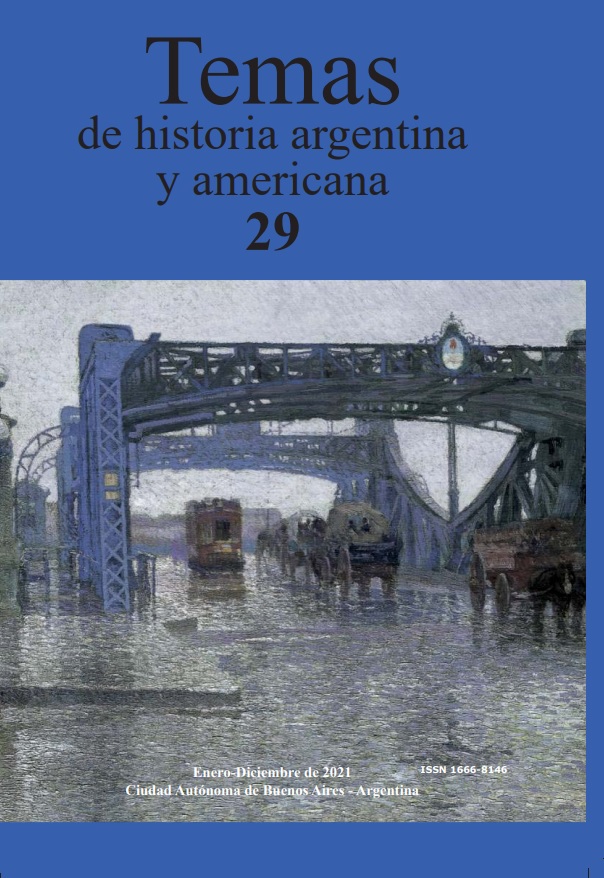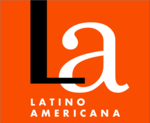Esteban Echeverría y el saintsimonismo: La religión de los herederos de Mayo. Modelos de construcción ciudadana (1830-1850)
Keywords:
Echeverría, Saint-Simonism, social religionAbstract
The fate of post-revolutionary Argentina was marked by a long process of civil
wars. By the beginning of the 1830s, the power of Juan Manuel de Rosas consolidated a
strong federal leadership, thus inaugurating a new period in the history of our country.
However, many of the constitutive problems for the construction of our nationality were
far from being completed. In this context, a generation of young people emerged who
projected themselves as the ideological powerhouse that would build this nation. The
reading and use of the European liberal and romantic movements as theoretical foundations for their social construction, from which the French case stands out, set the stage for their political activity, leading them to a direct confrontation with Rosas and their subsequent exile. One of these young people was Esteban Echeverría who used the experiences of his formative years to build a theory of the Argentine nationality model expressed under the sign of social religion condensed in his work Socialist Dogma. There the ideological bases of the Argentine poet are expressed, the main one being the analogous experiences of Saint-Simonism and French utopian socialism.
Downloads
Downloads
Published
How to Cite
Issue
Section
License
Copyright (c) 2021 Sebastián Alejo Fernández

This work is licensed under a Creative Commons Attribution-NonCommercial-ShareAlike 4.0 International License.























